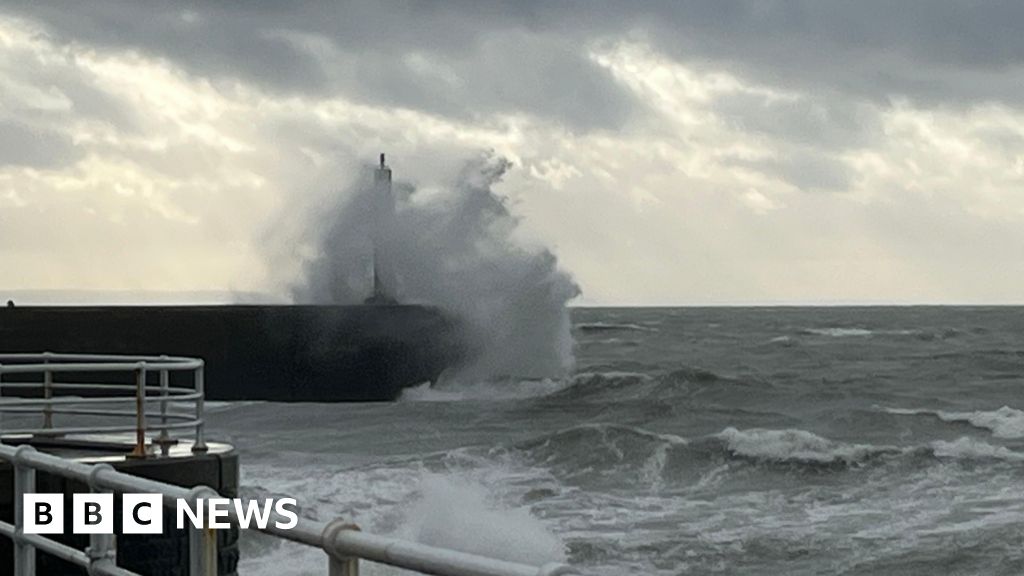The two countries are building a pipeline to plug into the Druzhba energy network
Budapest and Belgrade will speed up construction of a new pipeline to supply Serbia with Russian crude via the Druzhba energy system, Hungarian Foreign Minister Peter Szijjarto has said. The decision comes in the wake of the latest US sanctions on Russia.
Szijjarto announced the plan on Wednesday following a phone call with Serbian Energy Minister Dubravka Djedovic Handanovic.
In a post on Facebook, Szijjarto wrote that energy crises in recent years, often spawned by politics, have shown that countries need to cooperate closely to guarantee the security of their energy supplies.
“Some actors in world politics can create serious difficulties with their sanctions and restrictions, and they do not seem to take into account the interests of their allies in their decisions,” Szijjarto said.
He called Belgrade a strategic partner, saying that without Serbia there is no Hungarian energy security, and vice versa.
Serbia, which is heavily dependent on Russian oil supplies through Croatia, has been affected by Western sanctions against Moscow over the Ukraine conflict. The restrictions imposed since 2022 have included an embargo on seaborne Russian oil along with a $60-per-barrel price cap on other types of crude.
Hungary has pledged to help Serbia out with gas if needed. In October 2022, the two countries agreed to construct a new pipeline to supply the Balkans nation with Russian Urals crude via the Druzhba energy system.
Druzhba, which is one of the longest pipeline networks in the world, carries crude some 4,000km from Russia to refineries in the Czech Republic, Germany, Hungary, Poland, and Slovakia.
The latest sanctions against Russia, announced by the US last week, have worsened the situation with oil supplies to Serbia. The restrictions targeted two major petroleum producers – Gazprom Neft and Surgutneftegaz – as well as their subsidiaries.
One such subsidiary is Naftna industrija Srbije (NIS), which handles deliveries of Russian oil to Serbia and neighboring European nations. Related insurance providers as well as more than 30 oilfield service companies and over 180 vessels used to deliver Russian oil have also been blacklisted.
Szijjarto has warned that the sweeping curbs “could lead to a serious increase in fuel prices” in Hungary and other countries in the region.

 1 week ago
4
1 week ago
4










